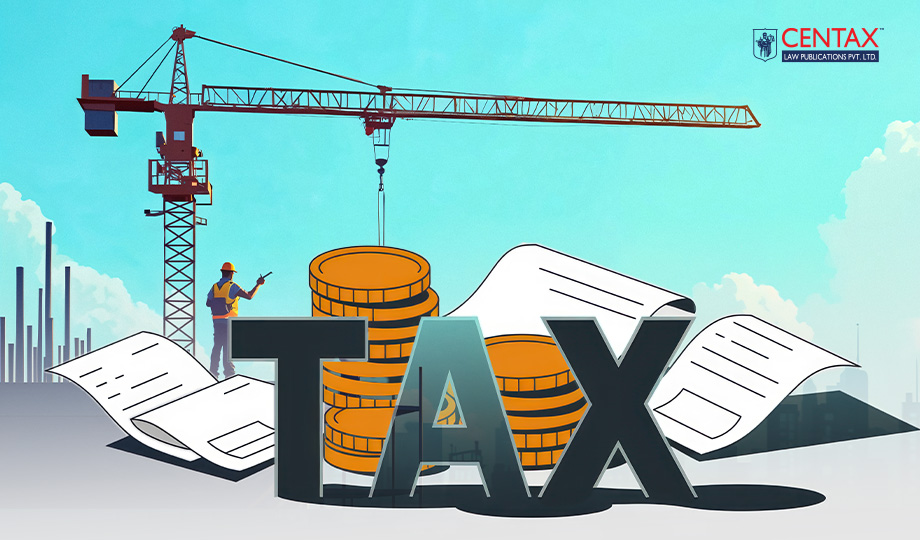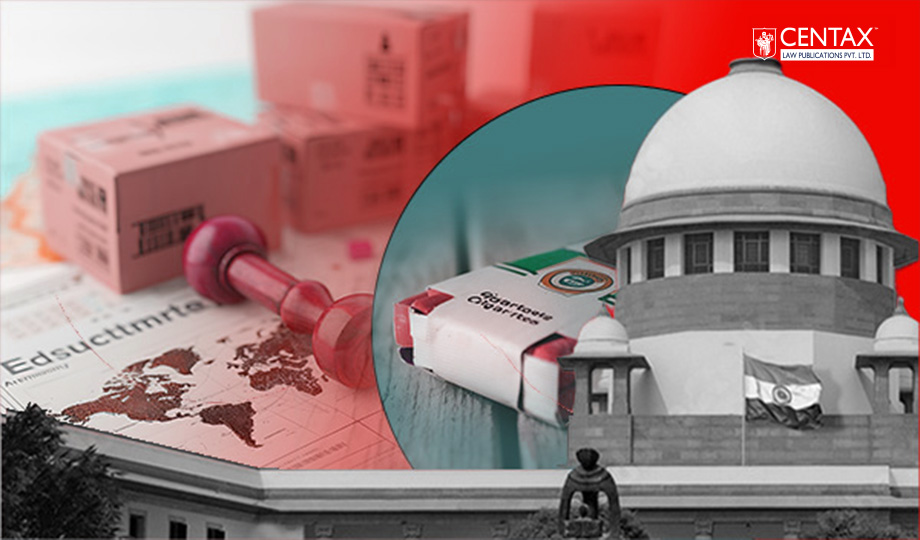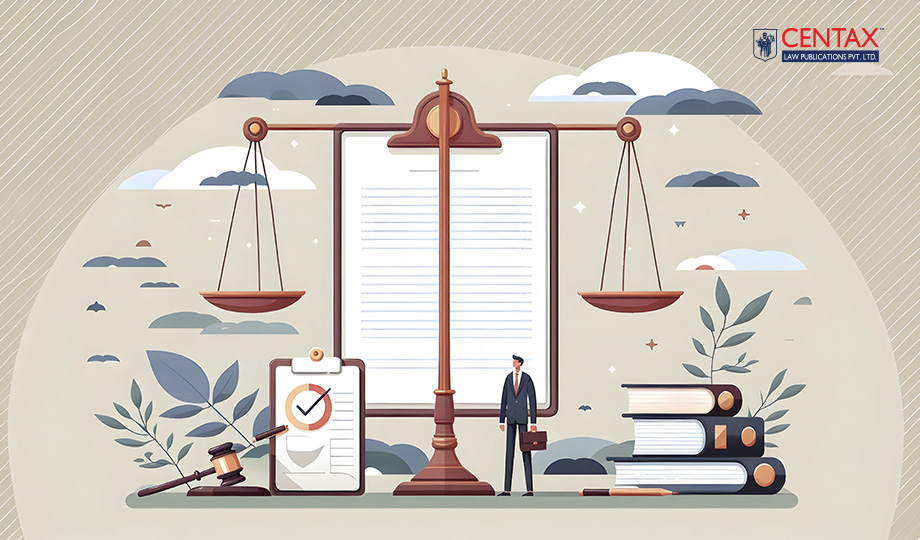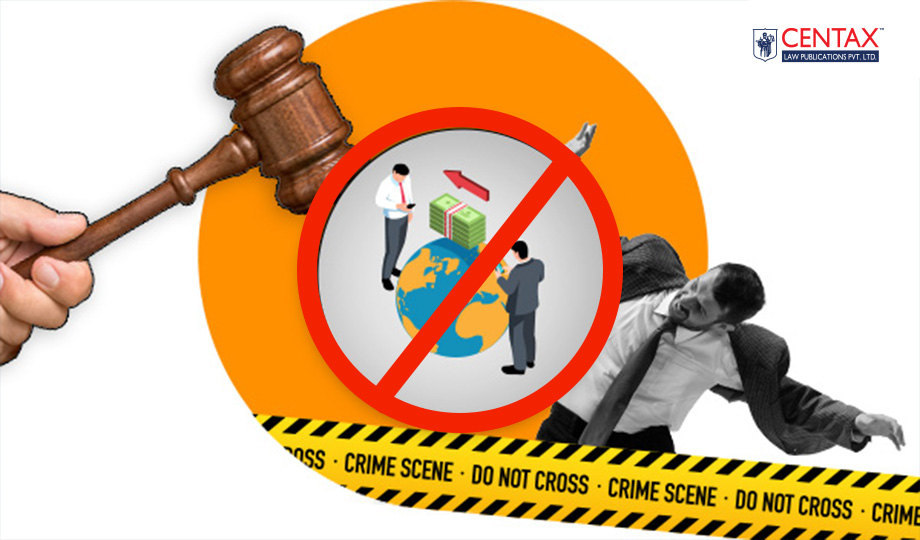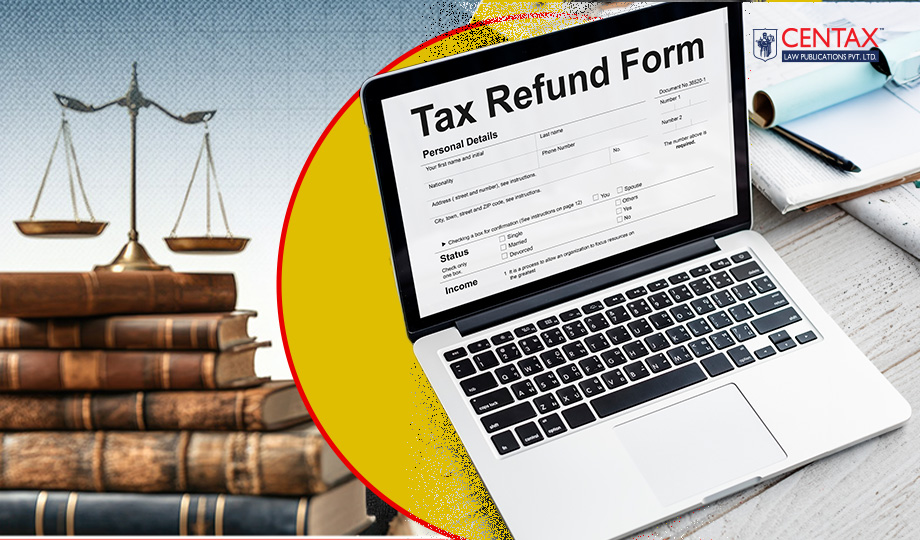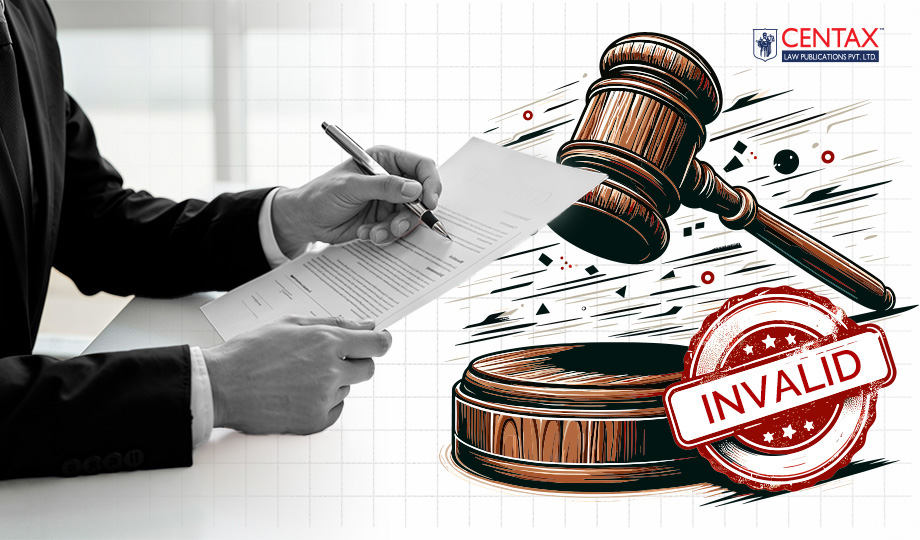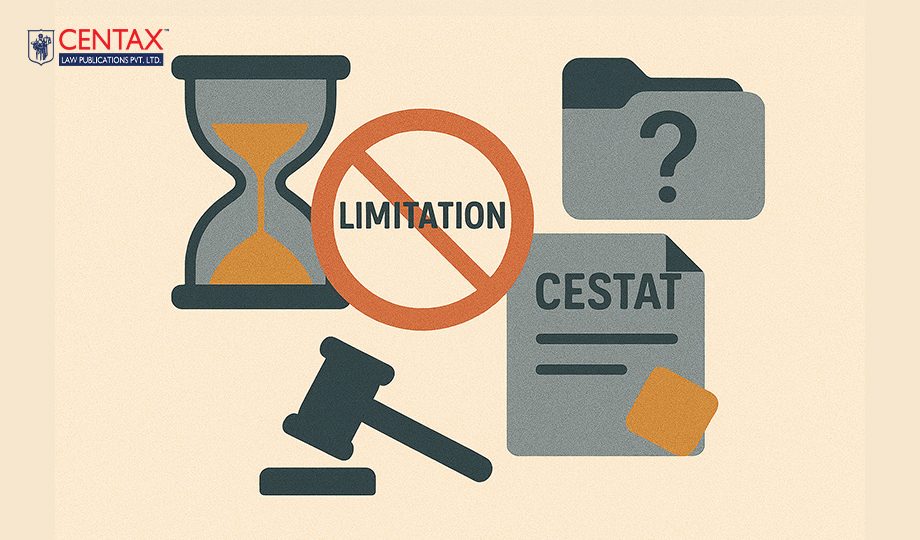
Case Details: Aglowmed Ltd. Versus Commissioner Central Goods and Service Tax, Dehradun (2025) 29 Centax 423 (Tri.-Del)
Judiciary and Counsel Details
- Justice Dilip Gupta, President & Shri P.V. Subba Rao, Member (T)
- Ms Priyanka Goel, Adv., for the Appellant.
- Shri Rakesh Agarwal, Authorised Representative, for the Respondent.
Facts of the Case
The appellant, a manufacturer of pharmaceutical goods, claimed benefits under exemption notifications issued under the Central Excise Act, 1944, and discharged duty liabilities through self-assessment, maintaining regular statutory filings. Between 2014 and 2018, the Department conducted three audits, raising no objections to the claimed exemption. In 2021, a show-cause notice was issued, alleging wrongful availment of the exemption and invoking the extended period of limitation under Section 11A(4) of the Central Excise Act, asserting the intent to evade excise duty.
The appellant contended that the exemption was claimed based on a bona fide interpretation of the relevant notifications. They emphasised the absence of suppression or fraud, citing the regular filing of returns and audits without objections. The appellant maintained that the extended limitation period could only apply if fraudulent intent or willful suppression was clearly demonstrated. The matter was thereafter brought before the Hon’ble CESTAT for adjudication.
CESTAT Held
The Hon’ble CESTAT held that the extended period of limitation under Section 11A(4) could not be invoked without a clear finding of deliberate suppression of facts. It observed that in taxation law, suppression must be intentional and aimed at escaping tax liability, which requires specific evidence. The Tribunal noted that the show-cause notice merely alleged wrongful availment of exemption without explaining how the petitioner intended to evade duty. It further observed that the department had presumed intent based solely on procedural non-compliance and failed to assess the appellant’s reply objectively. Concluding that there was no material to prove deliberate intent, the Tribunal held that the extended limitation could not apply and confined the duty demand to the normal limitation period.
List of Cases Cited
- Anand Nishikawa Co. Ltd. v. Commissioner — 2005 (188) E.L.T. 149 (S.C.) — Relied on [Para 35]
- Bharat Hotels Limited v. Commissioner — 2018 (12) G.S.T.L. 368 (Del.) — Relied on [Para 39]
- Commissioner v. Reliance Industries Ltd. — 2023 (385) E.L.T. 481 (S.C.) = (2023) 8 Centax 96 (S.C.) — Relied on [Para 44]
- Commissioner v. Sunshine Steel Industries — 2023 (385) E.L.T. 826 (S.C.) = (2023) 8 Centax 210 (S.C.)— Relied on [Para 58]
- Commissioner v. Urmin Products Pvt. Ltd. — 2024 (388) E.L.T. 418 (S.C.) = (2023) 11 Centax 270 (S.C.) — Distinguished [Para 45]
- Continental Foundation Jt. Venture v. Commissioner — 2007 (216) E.L.T. 177 (S.C.) — Relied on [Para 38]
- Easland Combines v. Collector — 2003 (152) E.L.T. 39 (S.C.) — Relied on [Para 36]
- GD Goenka Pvt. Ltd. v. Commissioner — (2023) 11 Centax 2 (Tri. – Del.)—Relied on [Paras 41, 51]
- Godawari Power & Ispat Ltd. v. Commissioner — 2024 (4) TMI 816-CESTAT New Delhi — Distinguished [Paras 54, 55]
- India Glycols Ltd. v. Commissioner — Excise Appeal No. 52129/2019, dated 20-8-2024 by CESTAT, New Delhi — Relied on [Para 53]
- Kalya Constructions Pvt. Ltd. v. Commissioner — (2024) 21 Centax 199 (Tri. – Del.)—Relied on [Para 59]
- Mahanagar Telephone Nigam Ltd. v. Union of India — 2023 (73) G.S.T.L. 310 (Del.) = (2023) 5 Centax 279 (Del.)—Relied on [Para 40]
- Patanjali Yogpeeth Trust v. Commissioner — (2024) 17 Centax 318 (Tri. – All.) — Distinguished [Para 47]
- Pushpam Pharmaceuticals Company v. Collector — 1995 (78) E.L.T. 401 (S.C.) — Relied on [Paras 34, 35]
- Raydean Industries v. Commissioner — Excise Appeal No. 52480/2019, dated 19-12-2022 by CESTAT, New Delhi — Relied on [Para 50]
- Sunshine Steel Industries v. Commissioner — (2023) 8 Centax 209 (Tri. – Del.)—Relied on [Paras 57, 58]
- Uniworth Textiles Ltd. v. Commissioner — 2013 (288) E.L.T. 161 (S.C.) — Relied on [Para 37]
List of Notifications Cited
- Notification dated 10-6-2003 [Para 3]
- Notification No. 1/2011-C.E., dated 1-3-2011 [Paras 1, 3]
- Notification dated 17-3-2012 [Para 1]











